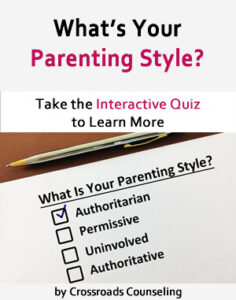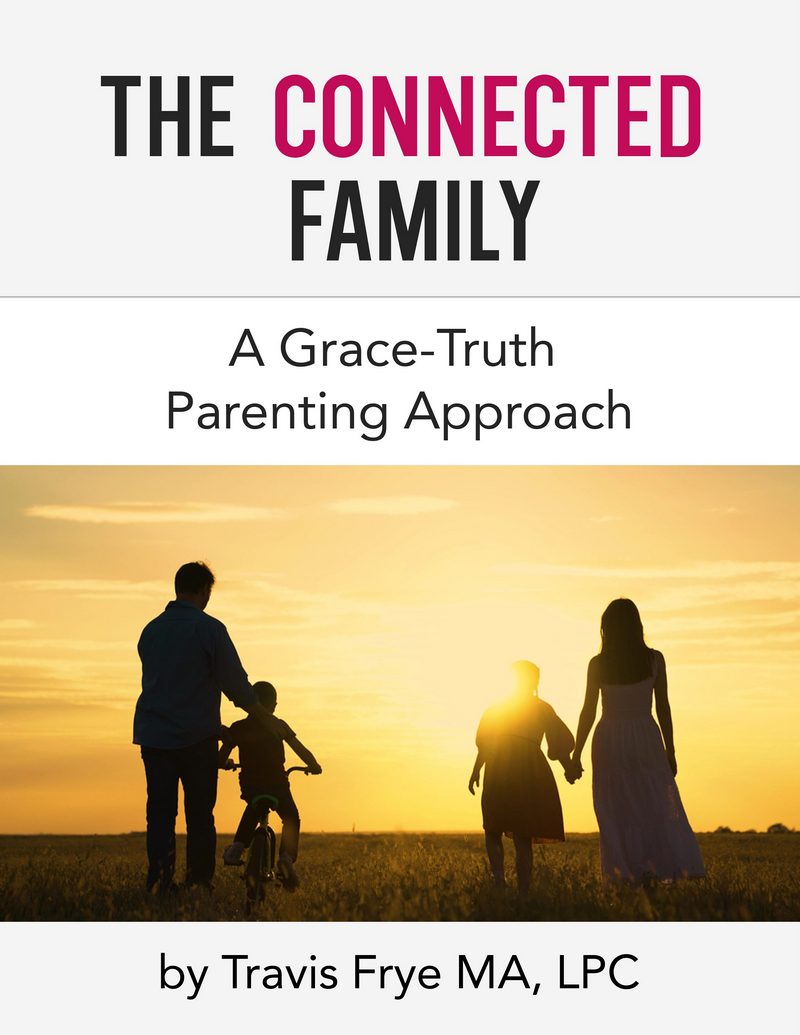Is your teen beginning to show interest in drugs and alcohol? Are you scared of what that might mean for them? Do you want to talk to them about the dangers of drugs and alcohol, especially at that age, but you’re not sure how?
Whether it’s because they see a lot of it on TV or because their friends are beginning to experiment, teens eventually grow curious about drugs and alcohol. That’s why every parent ends up having this talk at one point or another.
You’re not the only one that struggles to approach this topic with your teens. But all you need to do is keep a few things in mind before you start this conversation.
Plan Ahead
It can be easy for a conversation like this to get derailed. That’s something you want to avoid, so make sure you know what the aim of the discussion is going in. Figure out what it is you want your teen to know and make sure you have facts that support you.
It also helps if you give them a little warning beforehand. You don’t want them to feel ambushed. If they do, they won’t be receptive to what you’ll tell them.
Focus on Facts
Teens know when you’re trying to scare them. So, try to avoid relying on scare tactics, and use facts instead. Talk to them about the short and long-term effects that drugs and alcohol can have. Remind them that they don’t always know what they’re taking. Some drugs or combinations can be deadly, not to mention sometimes illegal.
At the end of the day, what you want is to help them make good decisions, and in order to do that, they need information. You can provide them with that. And if you don’t know something, that’s okay. Admit that you don’t know, and look up the answers with them.
Listen to What They Tell You
You want your teen to feel listened to and respected. That way, they’ll be more comfortable talking to you about these things in the future. That means you have to listen to them without interrupting. You don’t want to be condescending either. They’ll notice if you are.
It’s likely you won’t agree with everything they say. That’s okay. You can bring that up once they’re done speaking. But you have to treat them like an equal if you want your words to have any weight.
Stay Open-Minded
It’s possible that your teen may have already begun to experiment with drugs and alcohol. If they open up to you about that, make sure you don’t come across as judgmental.
Blaming or judging them for experimenting with drugs and alcohol will only push them away. Instead, ask them to explain why they did it. Try to understand the reasons why. Stay open-minded, even if they only tried it to have fun. No matter how unpleasant the answers may be, this will help you figure out how you can help your teen going forward.
Keep the Conversation Going
Whatever happens, just keep in mind this needs to be more than a simple conversation. Attitudes about drugs and alcohol change, as do risk factors. So, don’t be afraid to check in on them every so often. Let them know they can come up to you if they have any questions or doubts or if they’re in trouble.
These conversations can be stressful. Whether you struggle with raising a teenager or you simply want your teen to have somebody trustworthy to talk to about these things, counseling can help. We can give your teen a safe place to talk about these issues that they might not feel comfortable talking to you about. You don’t need to navigate this situation alone.
Teen Counseling in Phoenix, Scottsdale, and online in all of Arizona
If your teen could benefit from meeting with a therapist please reach out. Our team of therapists work with teens struggling with anxiety, relationships, depression, and with teens who just need some extra support. We are happy to offer services from our Phoenix, AZ-based practice, Scottsdale, and online in all of Arizona. You can start your therapy journey by following these simple steps:
- Contact Crossroads Counseling
- Meet with a teen therapist
- Start finding the happiness you deserve
Our offices are located throughout the valley with counseling centers located in Phoenix, Anthem, Scottsdale and online. Call us at 623-680-3486,text 623-688-5115, or email info@crossroadsfcc.com. We offer a complimentary 20-minute phone consultation to answer your questions and better understand how we can help you. Contact us to learn more about the variety of mental health services that Crossroads Counseling offers.








